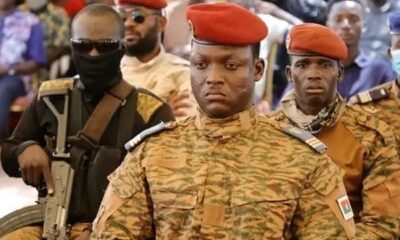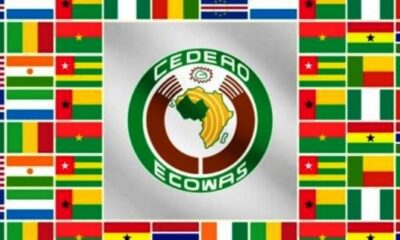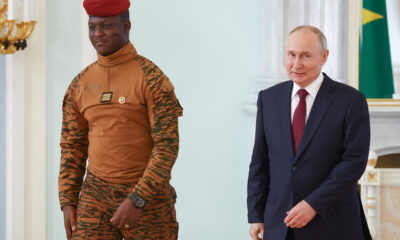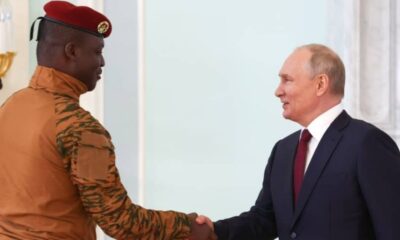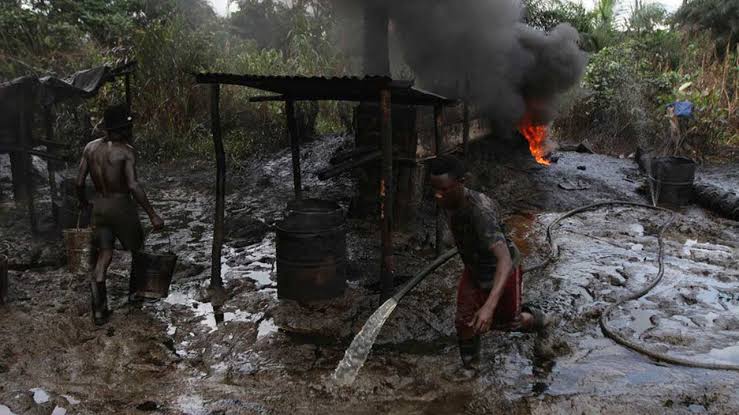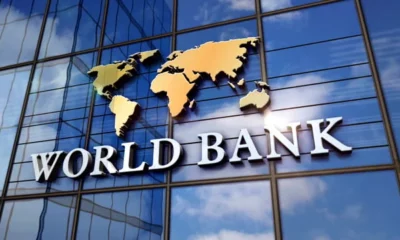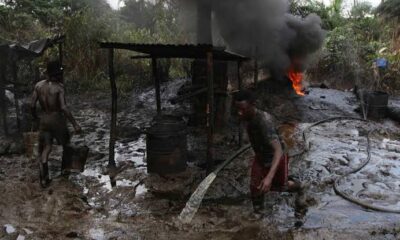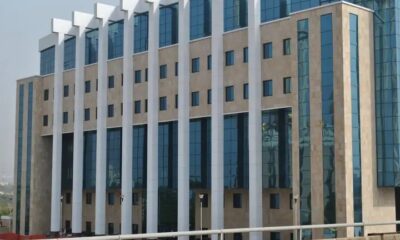Speaker of Nigeria’s House of Representatives, Hon. Abbas Tajudeen, has revealed that the country loses a whopping sum of N1.29 trillion to crude oil theft, pipeline vandalism and other forms of criminality in the oil sector.
Tajudeen, who spoke at the commissioning of the Nigerian Navy Training Command at Eleme, Rivers State in South-South Nigeria on Friday, said about 300,000 barrels of crude oil were also lost per day to oil theft by bunkerers.
Tajudeen who was represented at the event by the Chairman, House of Representatives Committee on Defence, Hon. Babajimi Benson, stated that the crude oil theft and pipeline vandalization has continued to pose a challenge to the Nigerian Navy which has hindered the service from rising up to its mandate of contributing to the survival of the national economy.
“Unfortunately, it is estimated that Nigeria loses over 300,000 barrels of crude oil daily to oil theft, pipeline vandalism and other forms of criminality. This has led to revenue losses estimated at N1.29 trillion annually,” the Lower Chamber Speaker said.
Speaking further on steps taken to curb the menace, Abbas said:
“Concerned about the adverse effects of oil theft in Nigeria, I inaugurated a special committee on Crude Oil Theft Loses on November 22, 2023, to determine decisive remedial actions to be taken.
“I commend the Nigerian Navy on the steps taken so far, and I urge the Navy to sustain the momentum.”
Also speaking, Nigeria’s Chief of Naval Staff, Vice Admiral Emmanuel Ogalla, thanked the Rivers State Government for the donation of the entire complex to demonstrate the existing cordial relationship between the Nigerian Navy and Rivers State.
Ogalla said the relocation of the Headquarters Naval Training Command from Lagos to Ebubu-Eleme in Rivers State would bolster human capacity development of personnel of the Nigerian Navy.
“It will also assist in providing the enabling environment for learning and enable us to carry out the statutory manning of the entire state, and national security of our country.
“This is in line with Mr President’s mandate given to us to provide the enabling environment for the harnessing of the enormous economic potential inherent in our blue economy for the overall good, national prosperity and development.”
The Naval chief assured that the Nigerian Navy would continue to carry out operations to ensure security of the nation’s maritime domain as well as secure Rivers State and the entire Niger Delta region.

 Culture2 days ago
Culture2 days ago
 Tech2 days ago
Tech2 days ago
 Sports1 day ago
Sports1 day ago
 Metro1 day ago
Metro1 day ago

